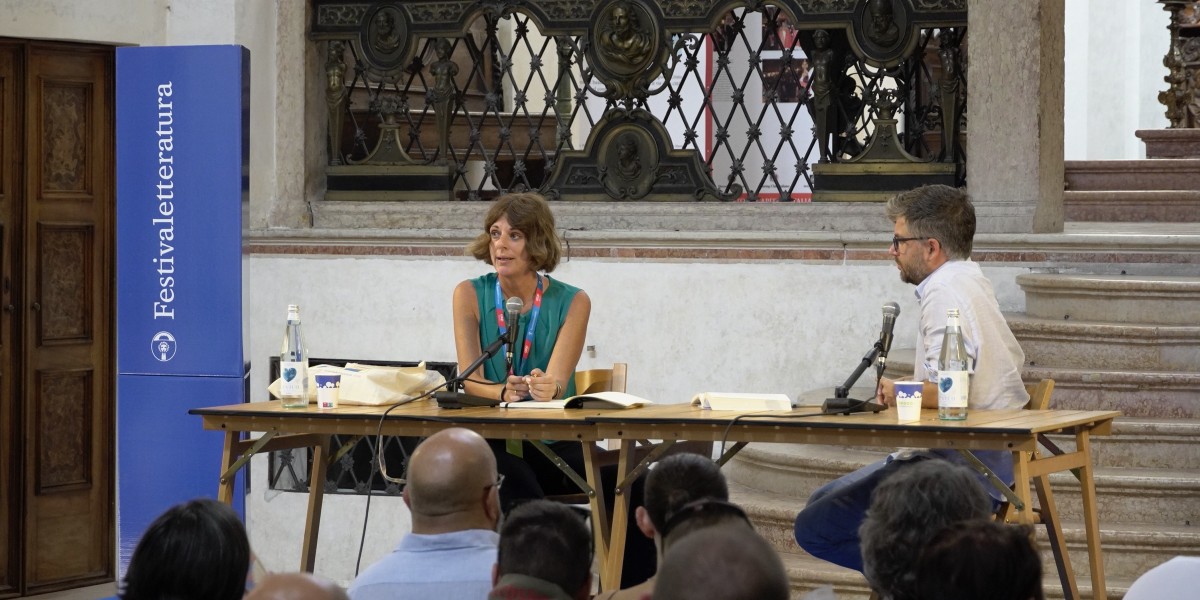
Insights from the Great Resignation
A packed church is not exactly where you’d expect to hear the incipit of Studs Terkel’s 1974 classic Working: “This is a book about work, and thus it is a book about violence”. Yet with these words, sociologist Francesca Coin captured the crowd’s attention inside the Basilica in Mantova’s Piazza Castello.
Much like Working, Coin’s recent Le Grandi Dimissioni (The Great Resignation) lets working people talk. These people, marginalised yet ordinary, tell stories of everyday exploitation and the search for meaning at the workplace. Only this time the quest for meaning is realised by people eventually quitting their job.
It feels like an oblique perspective only at first. The last couple of years have been accompanied by a spike in quitting, a phenomenon the American press was quick to dub the Great Resignation. Countries like Italy, where Coin’s voices come from, look to be on a similar path. It is perhaps too early to make a call on whether quitting en masse is a temporary by-product of the pandemic or part of a long-term trend. For Coin, the key is to consider resignations as a “symptom”. The disease is decades-long wage stagnation, widespread precariousness, disappearing unions. Coin and journalist Stefano Feltri have time to dissect each of them, powerfully mixing hard data and personal, sometimes first-hand, experience.
Amidst increasingly broken labour relations, the meaning of work - once inextricably tied to needs, places, movements - has blurred. It’s in this context that resignations bring a welcome change of perspective, Coin argues. Tendering one’s resignation is by no means an act of resignation. That’s one of the key insights of her latest research. There’s levity in quitting. And there’s revenge: If mine can be called a job, why don’t you do it?! Coin presses us to rethink what and who jobs should be for.



